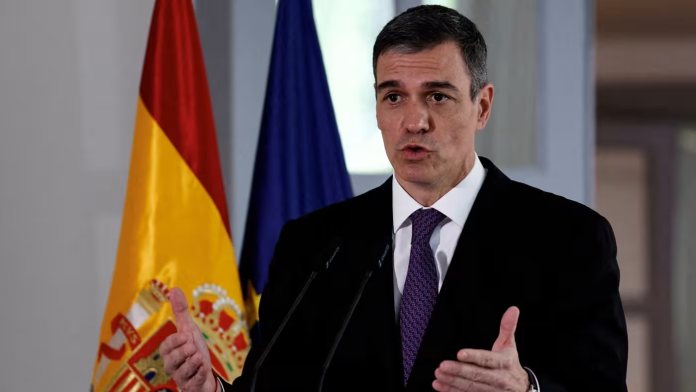Spain’s push to elevate Catalan, Basque, and Galician to official EU languages stalled after failing to secure unanimous support, reigniting debates over minority language recognition across Europe, according to Euronews.
Monday’s rejection stemmed from concerns that the move—requiring translation and interpretation for all EU institutions—could set a precedent for similar demands from other multilingual nations. The bloc currently recognises 24 official languages, but an estimated 40–50 million Europeans speak 60 regional or minority tongues, few of which enjoy equal legal status.
In Spain, Catalan (7.5 million speakers), Basque (1 million), and Galician (2 million) hold co-official status in their respective regions, used in education, government, and media.
Catalan’s reach extends into France and Italy, while Basque lacks official recognition in French territories. Despite robust domestic protections, the EU bid’s collapse underscores resistance to extending these rights to Brussels’ bureaucracy.
Regional recognition beyond Spain
In the Netherlands, Frisian holds co-official status in Friesland, though its North Frisian variant, spoken by 4,000–10,000 people, receives no administrative recognition in Germany.
Mirandese, spoken by just 1,500 active users in Miranda do Douro, is Portugal’s second official language but remains critically endangered.
In Finland, approximately 2,000 people speak Sámi dialects (Northern, Inari, Skolt), with indigenous parliaments warning that variants like Pite Sámi face extinction with fewer than 50 speakers.
French, German, Slovene, Ladin, and Catalan hold co-official status in specific regions of Italy. Ladin, spoken by 30,000 in the Dolomites, exemplifies survival amid linguistic fragmentation.
Opposing nations warned that approving Spain’s request could trigger claims for other minority languages like Welsh or Breton. The EU’s reluctance highlights tensions between cultural preservation and administrative pragmatism: expanding official languages could cost €30 million annually and complicate legislative processes.
The stalemate leaves millions in a paradox, as their languages protected at home but invisible in Europe’s corridors of power. With Spain vowing to persist, the issue remains a litmus test for the EU’s commitment to linguistic diversity.
